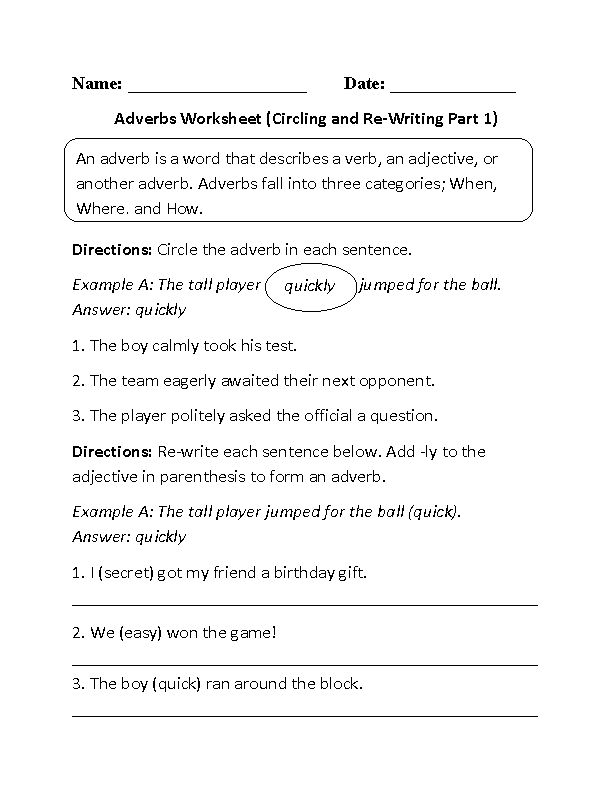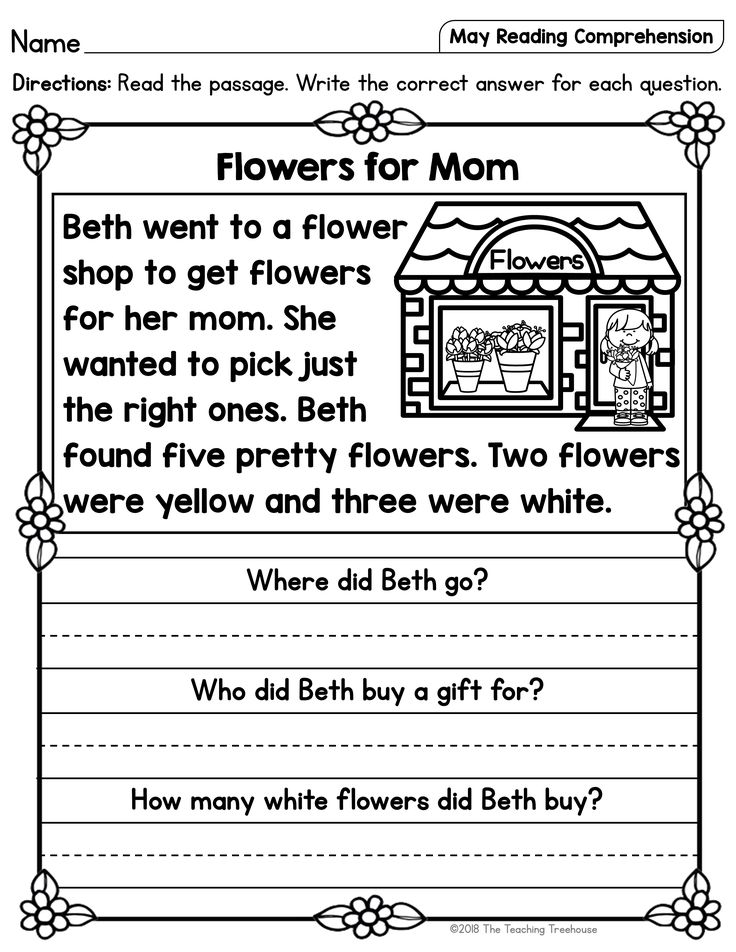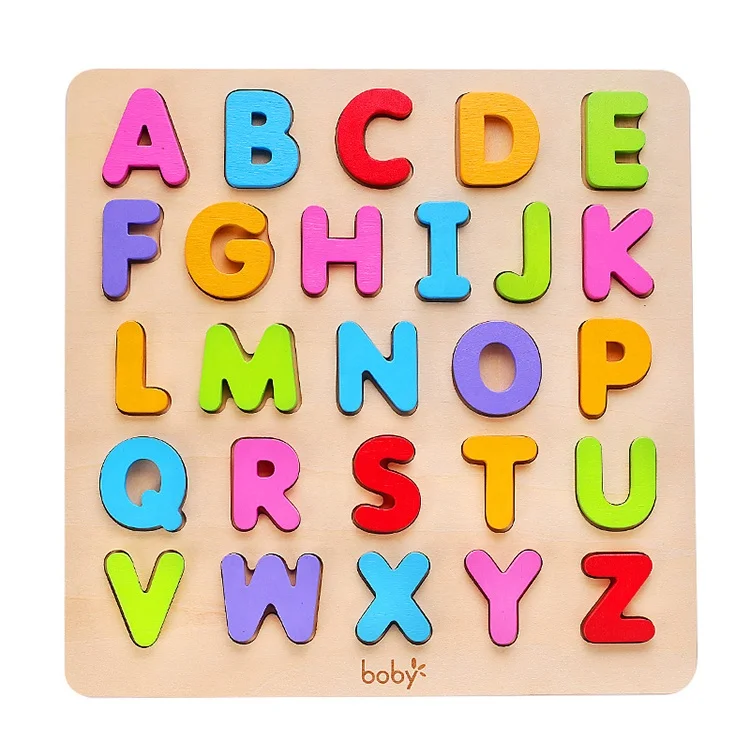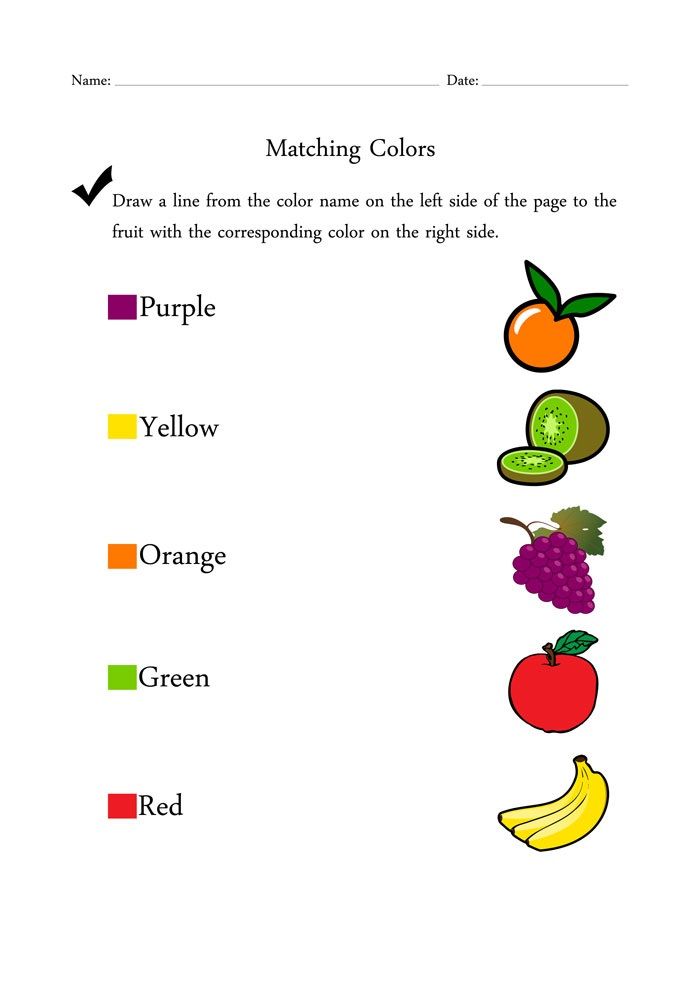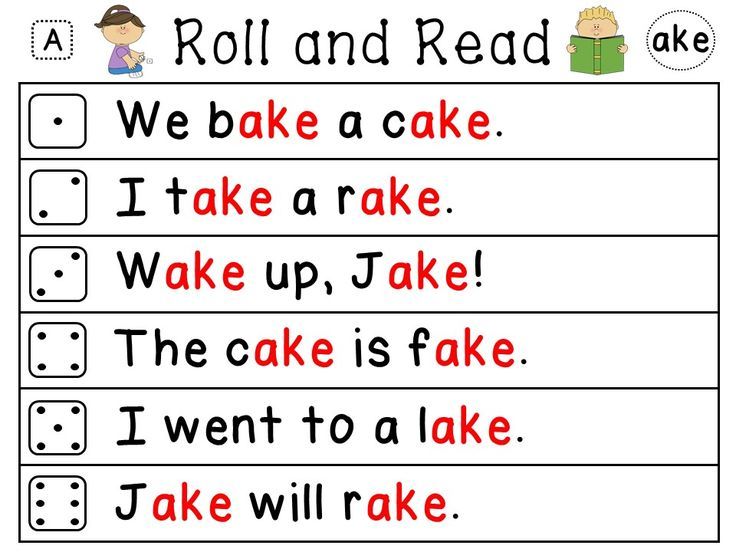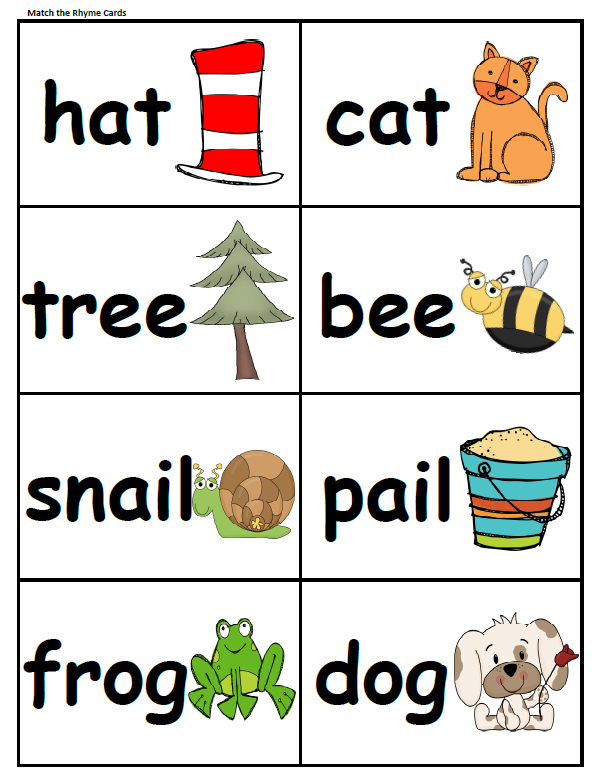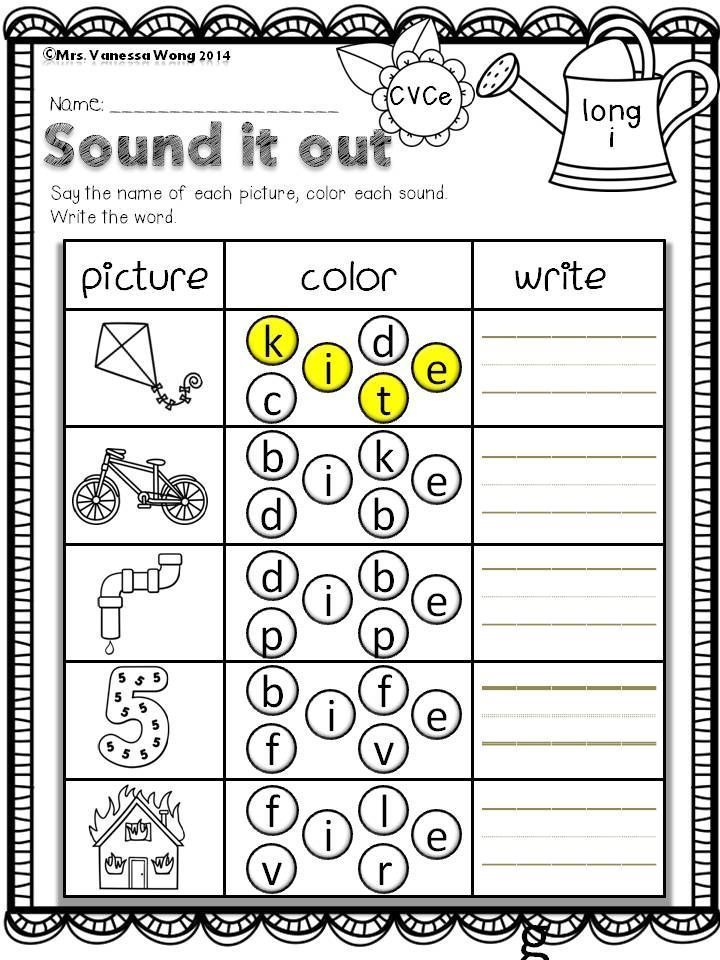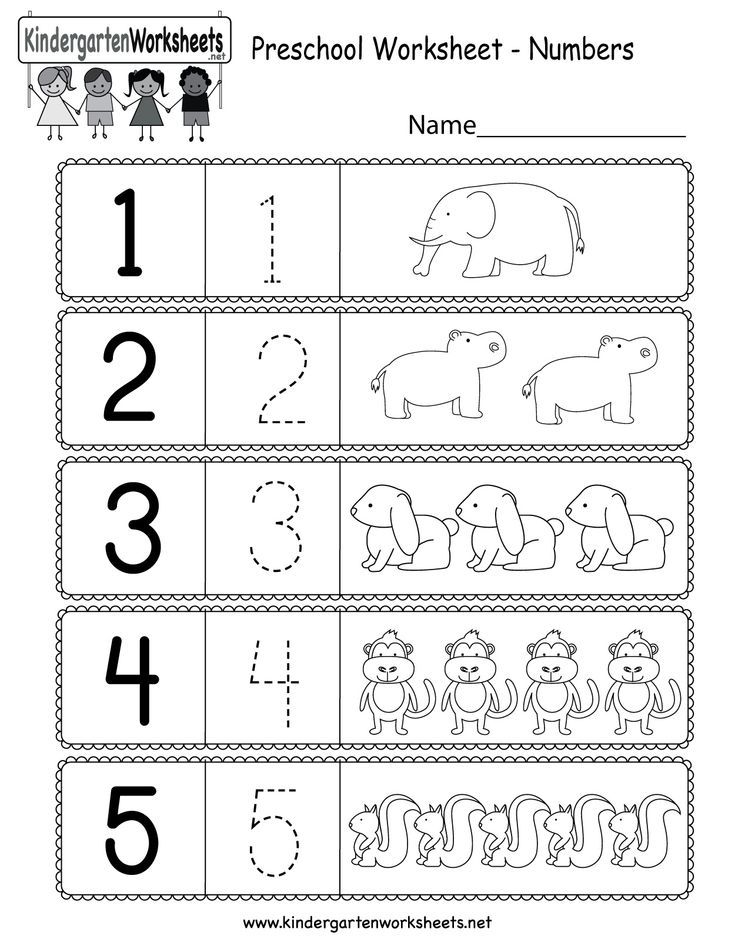Example sentences for kids
How To Make The Most Of Simple Sentences For Kids
When a child finally learns how to construct their own simple sentences, for kids (and parents!), it’s a really special moment.
Word combinations such as “knee sore” turn into, “Mommy, my knee is sore.” Or “now juice” develops into, “Can I have some juice?”
There’s no denying the importance of sentences — they help us better express our thoughts and feelings. So the only question now is: How can you help your child start constructing their own sentences so that they, too, can communicate better?
Two words: simple sentences.
When Do Kids Start Forming Sentences?
Children start forming sentences once they know a few words. But language development is quite a journey!
Somewhere between 18 and 24 months, a toddler will begin constructing two-word “sentences,” like “want milk” or “no sleep.” At this stage, they are linking two or more words together to express an idea. This is the first step and a big milestone.
By four years old (sometimes earlier), most children are speaking in complete sentences. But that doesn’t mean they’ve reached the end of their sentence journey.
While your child may be speaking in complete sentences, finding playful ways to expose four and five year olds to sophisticated aspects of sentences while being kid appropriate is beneficial. This will help them continue developing their language skills.
One of the best ways to do so is to encourage children to speak in complex sentences to express their ideas. How? This can be achieved by simply resisting the temptation to simplify our own speech.
Remember that children are learning sponges! They will naturally pick up on the language habits you expose them to. So, continue speaking in complex sentences while in their presence. It’s not a bad thing if your child asks, “What does that mean?”
Of course, simple sentences come first.
What Makes A Simple Sentence?
A simple sentence is the most basic form of a sentence.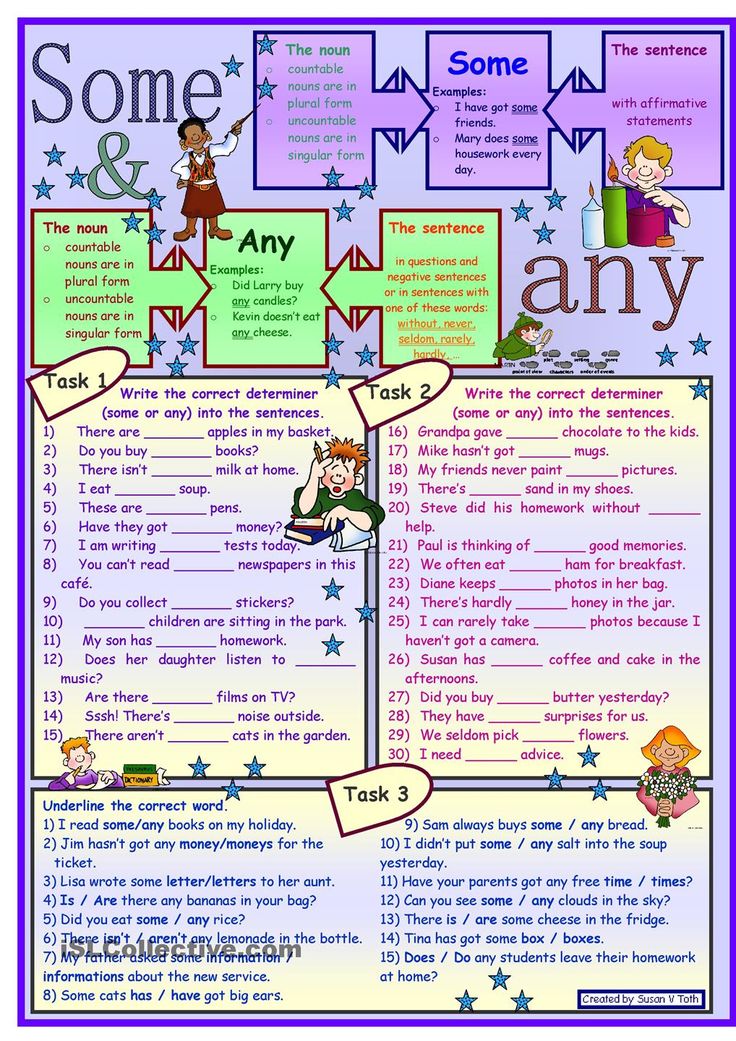 It contains only one independent clause — a group of words that forms a complete thought and is made up of a subject and predicate (which includes a verb and expresses what is said about the subject).
It contains only one independent clause — a group of words that forms a complete thought and is made up of a subject and predicate (which includes a verb and expresses what is said about the subject).
For example, in the simple sentence, Thomas kicks the ball, “Thomas” is the simple subject and “kicks the ball” is the predicate, with “kicks” being the verb, or simple predicate.
Simple sentences for kids are mostly short, but they can also be long. The length of the sentence isn’t the focus. What’s important is that the basic elements (subject and predicate) are always present.
When we communicate in our everyday lives, there’s usually a good mixture of both simple and more complex sentences without us even thinking about it. In order to help our kids reach this effortless communication stage, we need to help them understand the basics.
The good thing about the English language (and every other language, actually!) is that once you understand the basics, moving on to complicated structures is easier.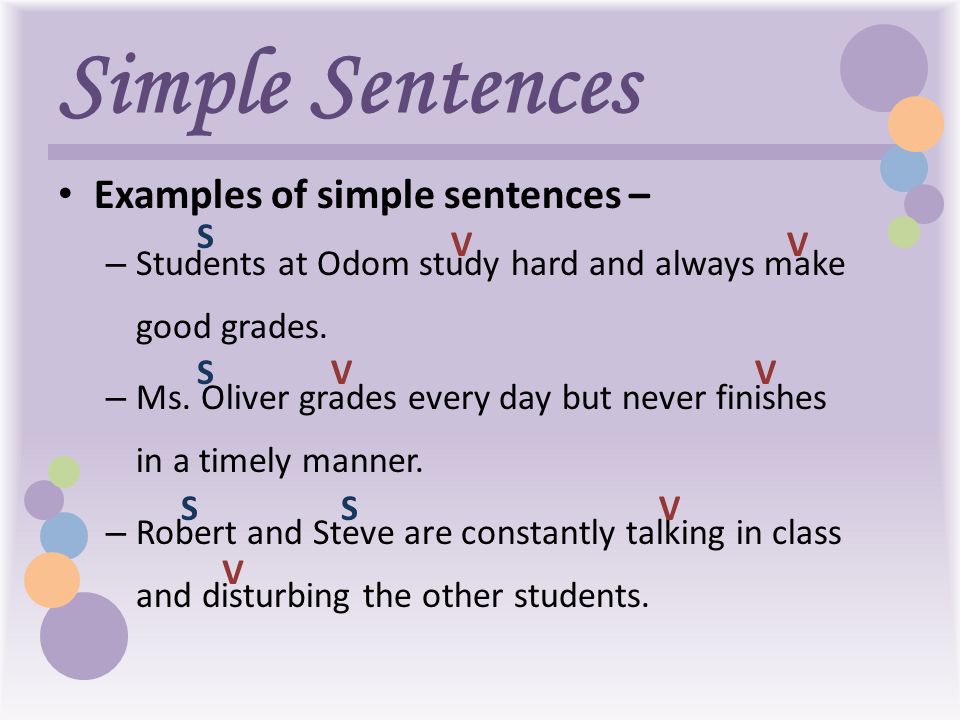
Simple Sentences For Kids To Act Out
One of the best ways for children to learn is through acting things out. If you have an active young child who enjoys moving around, why not use their energy to encourage some learning?
Here are some simple sentences for kids they will have fun acting out.
- He reads a book.
- The dog barks.
- The cat sits on the mat.
- I hop on one foot.
- The pig gobbles his food.
- The rooster crows.
With these sentences for kids, your child will have a blast while naturally learning what makes up a sentence!
Other Ways To Practice Sentences For Kids
1) Use Pictures
We recommend having your child use pictures to make up stories. You can even record the stories and listen to them for a little added fun!
If your child wants to write their ideas, too, that’s great! But don’t worry about standard spelling; much more important is the creative effort involved in thinking of a great story composed of interesting sentences of their own creation.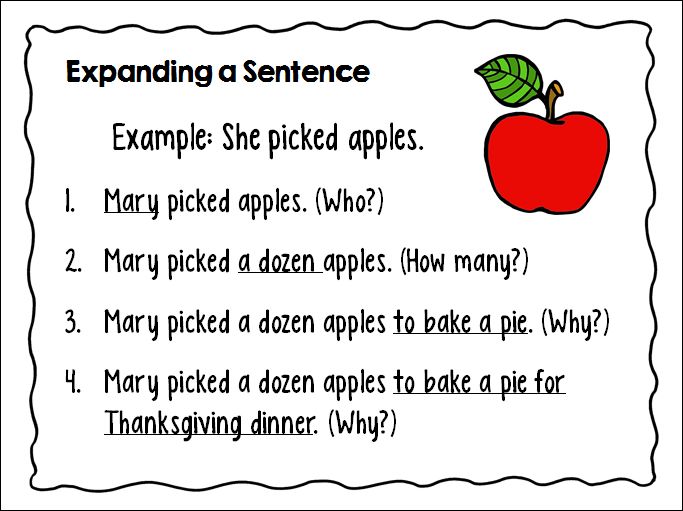
You can use pictures of animals, nature, sports, or even family photos. Then encourage your child to share whatever comes to their mind after having a look at these images.
During the first session, your child may need a few verbal prompts to help them get started. Simple questions like, “What’s happening in the picture?” or “What does this image remind you of?” can help to get their creativity flowing.
If you have multiple children, you can allow them to share what they came up with about the same image. As individuals, they will most likely think of different sentences, so this is a great opportunity to emphasize how everyone has unique ideas.
We encourage you to allow your children creative freedom here. The idea is to place an image in front of them and let them create anything they feel like creating.
2) Play Sentence Games
If you’ve been following our blog for a while, you’ll know one thing for sure — the HOMER team loves a good game! Games are not only fun, but they’re also great ways to help children remember fundamental learning concepts.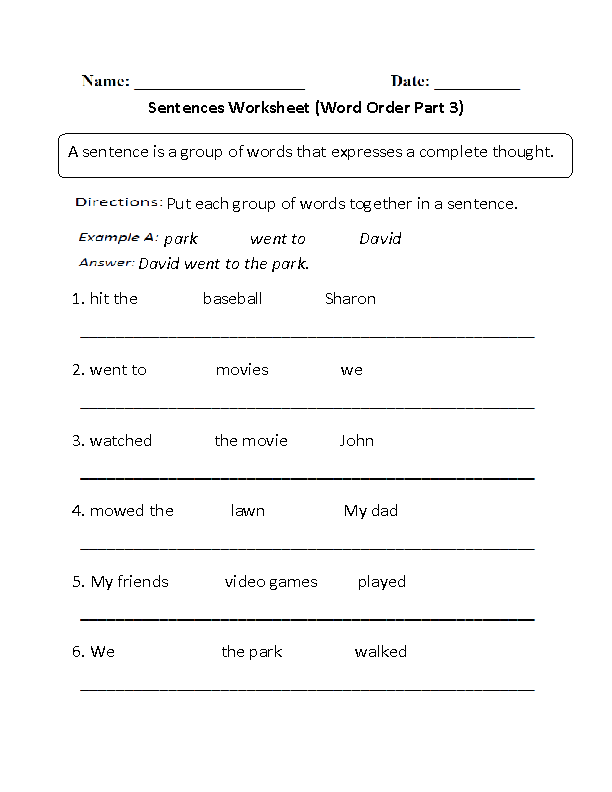
One of our favorite sentence games is Sentence Mix & Match.
What You’ll Need:
- Several index cards
- Markers to write with
What To Do:
- Write interesting subjects on half of the index cards (Ideally, these are things that your child likes. For example: dinosaurs, ice cream, different shapes, colors, etc.).
- On the other half, write predicates or sentence endings that make sense with your individual subjects.
- After writing, place the cards so that they make realistic sentences.
- Then, turn all the cards over and shuffle them. At this point, you want to ensure that you separate sentence beginnings and endings.
- After the shuffle, turn your cards over and discover what silly sentences you get.
- Remember to begin the subject cards with capital letters and sentence-endings cards with a period.
This is a fun activity to help children see that sentences are not always set in stone. They will also quickly learn that the meaning of a sentence can change when words get moved around.
3) Play With Types Of Sentences
Sentence Mix & Match is not the only way to help children learn sentences for kids while also having fun. Another activity we’re huge fans of is playing with types of sentences. Specifically — statements, questions, and exclamations.
To get started, pick any simple sentence that your child will already be familiar with (e.g., “I like playing outside.”).
Next, encourage your child to say this same sentence as a statement, a question, and then an exclamation.
Similar to Sentence Mix & Match, this game helps children understand that minor tweaks can change the meaning of a sentence.
Children will come across punctuation marks during reading time, but they may not always understand the significance of each. This game will help your child learn how periods, question marks, and exclamation points affect a sentence.
5) Make A Switch
The subject and predicate for each simple sentence have a specific function.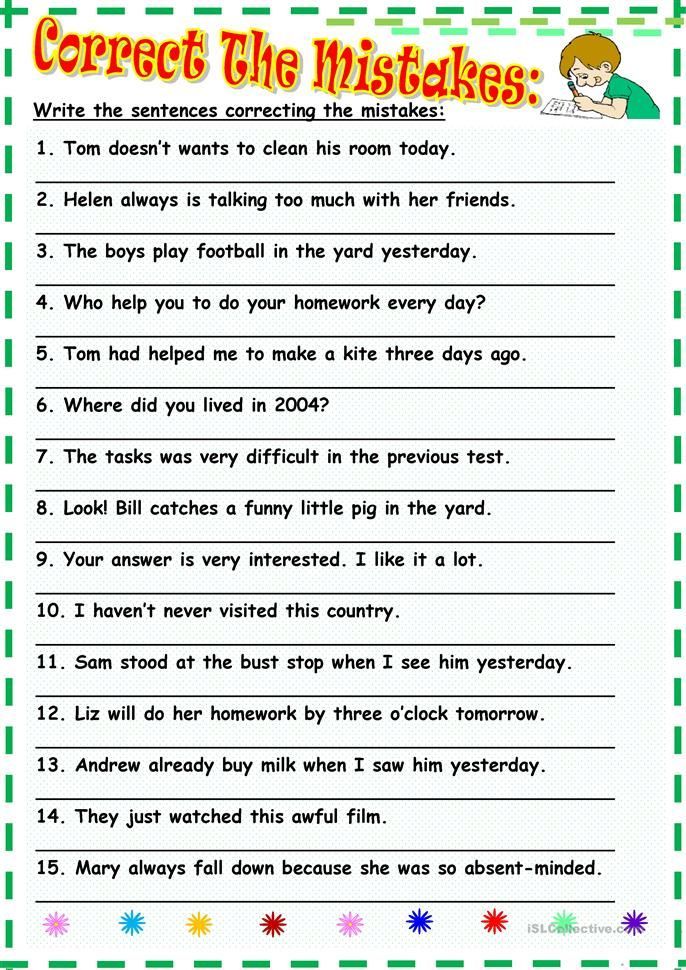 For children to use these correctly, they will need to understand what their roles are.
For children to use these correctly, they will need to understand what their roles are.
When kids start speaking as babies and then toddlers, they often repeat words, phrases, or the simple sentences they’ve heard from you, your partner, siblings, or other people around them.
At this stage, they haven’t fully grasped the functions of subjects and predicates. If we want to help our children develop their own sentences, we will need to help them understand the roles of these sentence parts.
A creative game they (and you!) will enjoy involves switching the subjects and predicates of a sentence.
Start with a simple three-word sentence, like, “A cat played.” Then take turns changing either the subject or the predicate of the sentence.
This may look something like this:
- A cat jumped
- A dog jumped
- A dog growled
- A gerbil growled
- A gerbil scampered
Once your young learner is confident switching three-word sentences, move on to four words, five words, and so forth.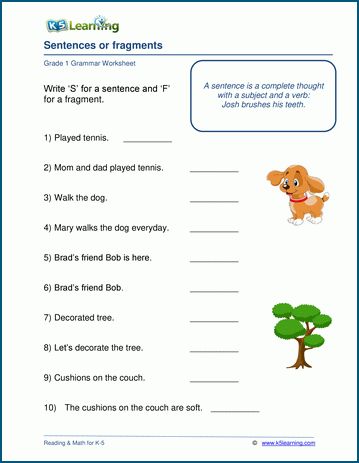
Through this fun activity, your child will start understanding the roles of predicates and subjects in sentences.
Simple Sentences For The Win!
A child’s language journey is pretty incredible. It often starts with lots of babbling and moves to single words. Soon, you get two-word combinations, and before you know it, you’re given a detailed account of what happened in class today.
As you’re doing the activities we’ve mentioned, remember to allow your child creative freedom. We know that language has a lot of rules, but that doesn’t mean it can’t be fun! Encourage your young learner to be as imaginative as they want to be.
For instance, if they write or say, “The lion growls at the dinosaur,” let’s celebrate the correct sentence construction and, for a moment, imagine a world where lions and dinosaurs exist in the same age!
For more fun and effective learning activities, check out the HOMER Learn & Grow app.
Author
Examples of Simple Sentences for Kids in English
A straightforward and easy-to-understand statement is referred to as a simple sentence.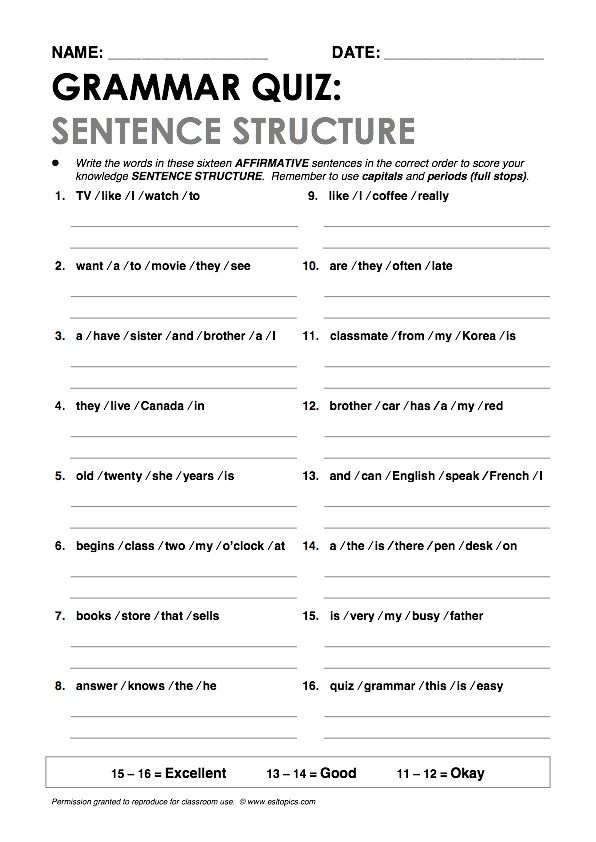 It’s the same as the fundamentals of a sentence. It only contains one independent sentence, which has only one subject and one predicate.
It’s the same as the fundamentals of a sentence. It only contains one independent sentence, which has only one subject and one predicate.
A simple sentence is also said to be the shortest sentence possible: It’s possible to make it with just two words, for example:
- I exceled
- He jumped
- Dog barked
- She helped
In general, a simple statement is precisely what it says on the label.
Simple Sentences ExamplesHere’s a list of simple statements you can teach your kindergartener:
- She doesn’t use a computer.
- It is good to shop wisely.
- He is a genius.
- An apple a day keeps the doctor away.
- Most people fry their eggs with tomatoes
- We live in Texas.
- You go on holiday every summer.
- Do you like spaghetti?
- My daughter does the laundry.
- Water freezes at 0°C.
- Do they talk a lot?
- Could you please make me a map of your street?
- I like to draw pictures.
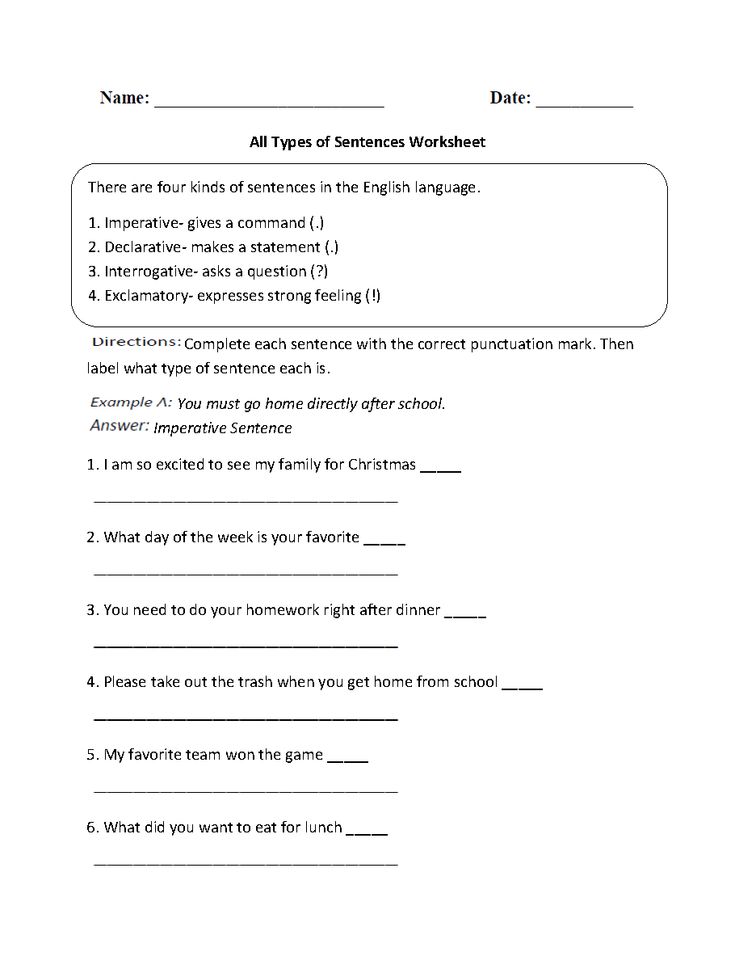
- I have three papers to write in three days.
- I would like to draw.
- I slept just three hours.
- I lent my mother some money.
- Please lend me your spoon.
- She always forgets her purse.
- The baby crept in slowly.
- We have a cash flow problem.
- A river flows through the valley.
- That river flows into Mexico City.
- The Rhine flows between France and Germany.
- Does he play tennis?
- She doesn’t study German on Monday.
- Cats hate water.
- Do they talk a lot?
- Do you like spaghetti?
- Does she drink coffee?
- Does she live in Paris?
- Every child likes ice cream.
- He doesn’t teach math.
- He drives to work.
- He goes to school.
- He loves to play basketball.
- I am very fond of eating
- My sister and I haven’t seen one other in a long time.
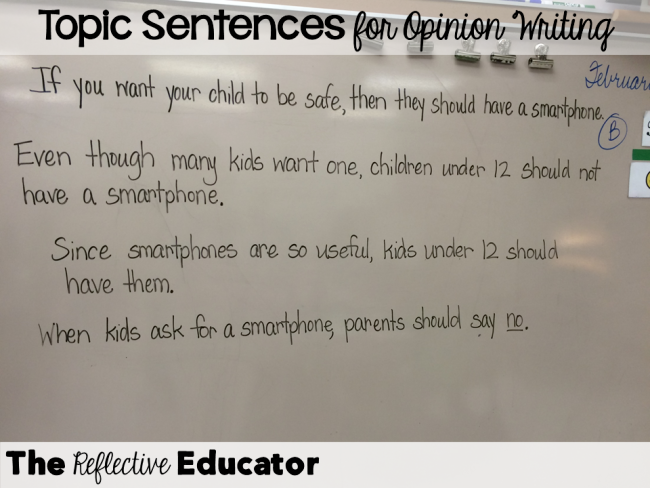
- I can run fast
- I do exercise at home
- I do love my new pets.
- I do my work alone
- I don’t fight with my brother
- I don’t like tea.
- I don’t wash the dishes.
- I enjoy eating cake
- I enjoy reading books
- I get up early in the morning
- I go to school in bus
- I have a ball at home
- I have a pet dog at home
- I have a small bed
- I have elder brother
- I have no money at the moment.
- I have two windows
- I love my new pets.
- I love playing basketball
- I love visiting my friends house
- I run four miles every morning.
- I sleep early at night
- I sleep with my pet dog
- Julie talks very fast.
- Mary brushes her teeth twice a day.
- Mary enjoys cooking.
- My brother takes out the trash.
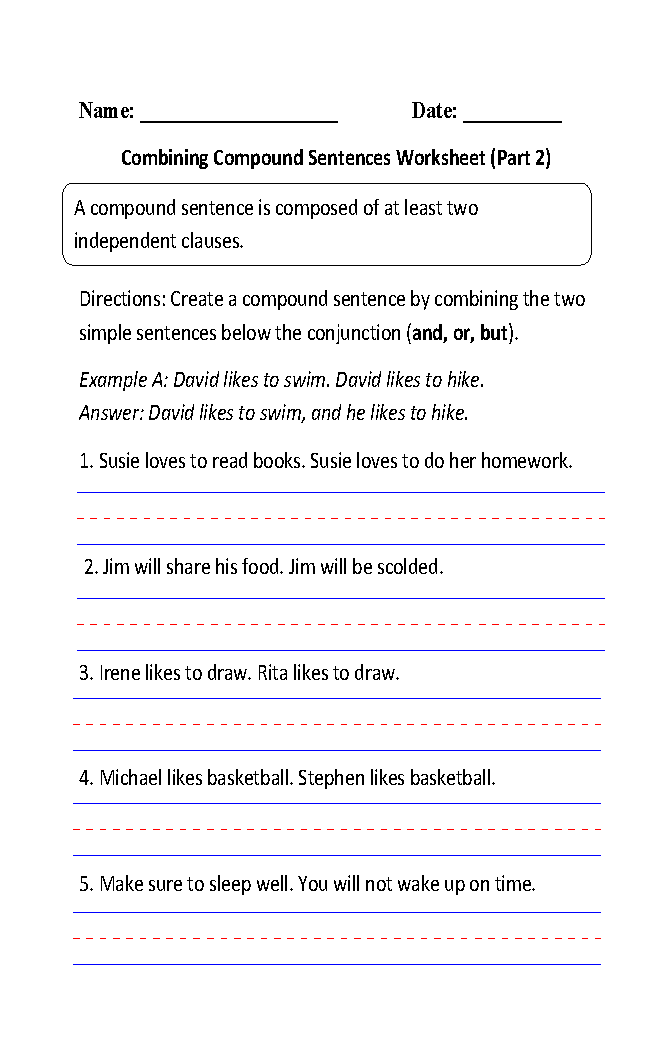
- My Dad never works on the weekends.
- My daughter does the laundry.
- my father has a car
- my mother is excellent cook
- my mother is making pasta
- My mother never lies.
- She always forgets her purse.
- She doesn’t teach chemistry.
- She doesn’t use a computer.
- She likes bananas.
- She swims every morning.
- The course starts next Sunday.
- The Earth is spherical.
- The train does not depart at 12:00 a.m.
- Every morning at 18 a.m., the train departs.
- They don’t go to school tomorrow.
- They speak English at work.
- Tomorrow, first I will go for a morning walk early in the morning.
- Water freezes at 0°C
- We drink coffee every morning.
- We live in Texas.
- We see them every week.
- When does the train usually leave?
- You don’t have children.
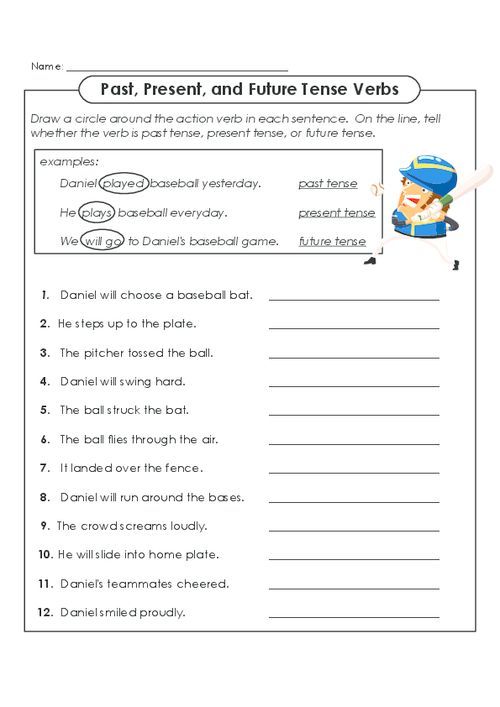
- You don’t listen to me.
- You go on holiday every summer.
- You have some schoolwork to do.
- You run to the party.
- Compound Subjects and Compound Verbs — Some phrases include a single subject and two or more verbs. It has a single verb and two or more subjects in other phrases.
For example:
- The dog barked and ran (Compound verb)
- Jack and Jill went up a hill. (Compound noun)
- Jack and Anna rented a get to the airport. (Compound noun)
- Single Subject and a Single Verb – A simple statement with only one subject and verb is known as a single subject and verb sentence.
For example:
- The staff performed well.
- A white shirt always looks sharp.
- He sold it on Amazon for a high price.
Finally, we must understand the most significant and fundamental conditions for constructing a simple statement:
- Must have a subject and a verb.
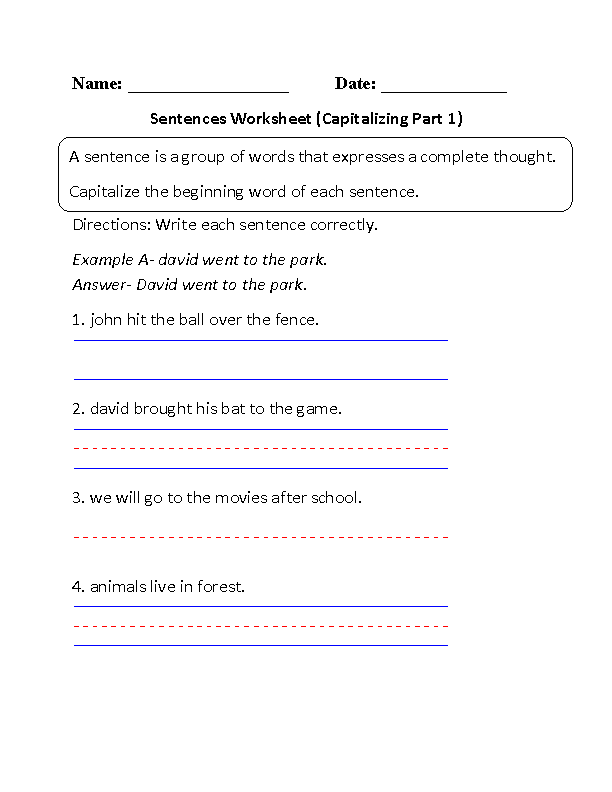
- Must express a complete thought.
- Must only have one clause.
These features will assist you in determining whether a statement is stimple or not.
Quick Links
- Examples of Compound Sentences
- Examples of Compound Complex Sentences
- Examples of Funny Sentences for Kids
60 examples of sentences in Past Simple with translation
In this lesson we will get acquainted with examples of time Past Simple in affirmative, negative and interrogative sentences.
Past Simple is the simple past tense. It means that the action happened in the past, there is a fact of the action.
The Past Simple formula is V2 / V-ed where V2 is the second form of the irregular verb and V-ed is the verb with the ending -ed.
Examples of affirmative sentences
In affirmative sentences, the form of the main verb does not change, regardless of the person:
- I worked yesterday.
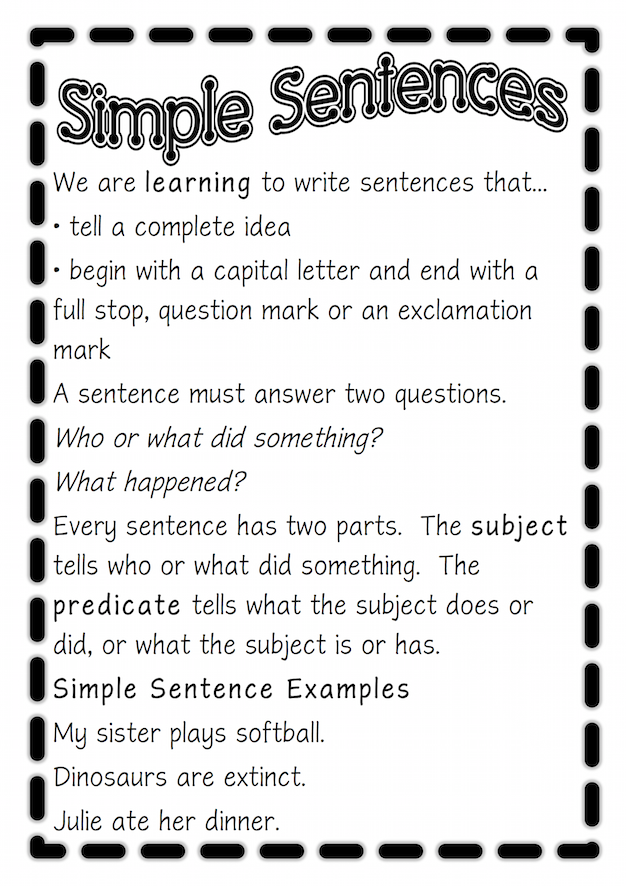 – I worked yesterday.
– I worked yesterday. - He worked yesterday. – He worked yesterday.
- We worked yesterday. – We worked yesterday.
| English offer | Translation |
| I went to the museum yesterday. | Yesterday I went to the museum. |
| She started learning English last year. | She started learning English last year. |
| They called a taxi to go to the airport. | They called a taxi to go to the airport. |
| We lived in Sydney 2 years ago. | We lived in Sydney 2 years ago. |
| Dad gave me flowers for my birthday. | Dad gave me flowers for my birthday. |
Harry did his homework last night.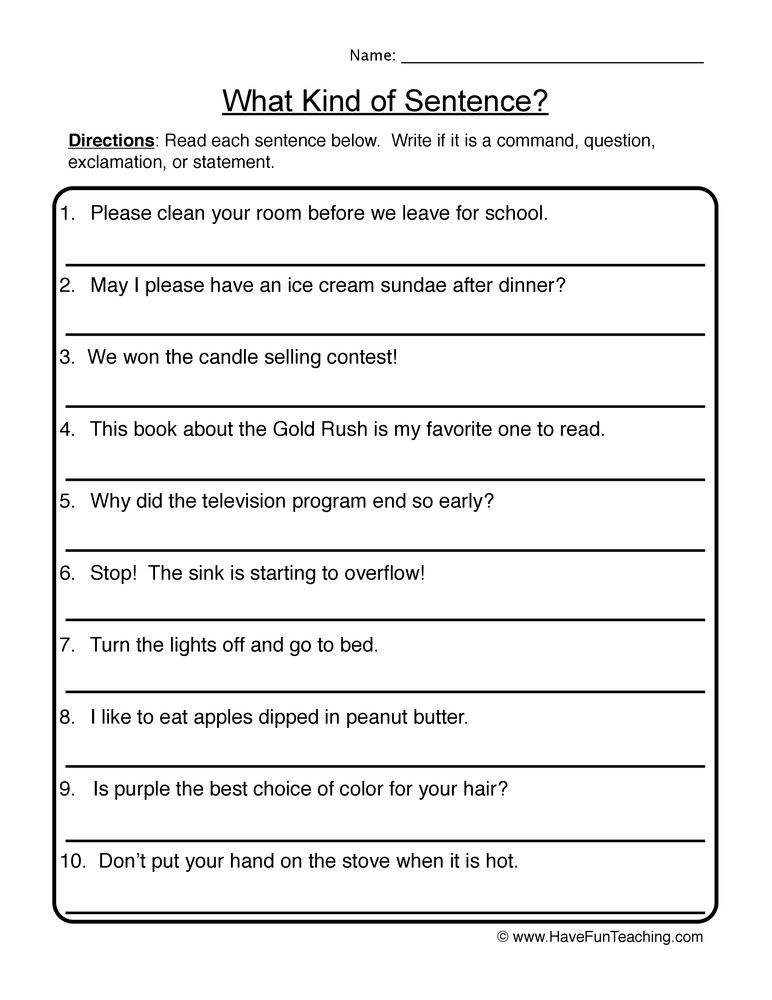 | Harry did his homework last night. |
| The movie finished late. | The film ended late. |
| Sam and Kate met in 2019. | Sam and Kite met in 2019. |
| We had a picnic last Saturday. | We had a picnic last Saturday. |
| They spent a week in Scotland last year. | They spent a week in Scotland last year. |
Examples of affirmative sentences with the verb to be
The verb to be in the simple past tense has the forms was and were , depending on the person:
| English offer | Translation |
| I was in New York in 2015. | I was in New York in 2015. |
I was born in 2000.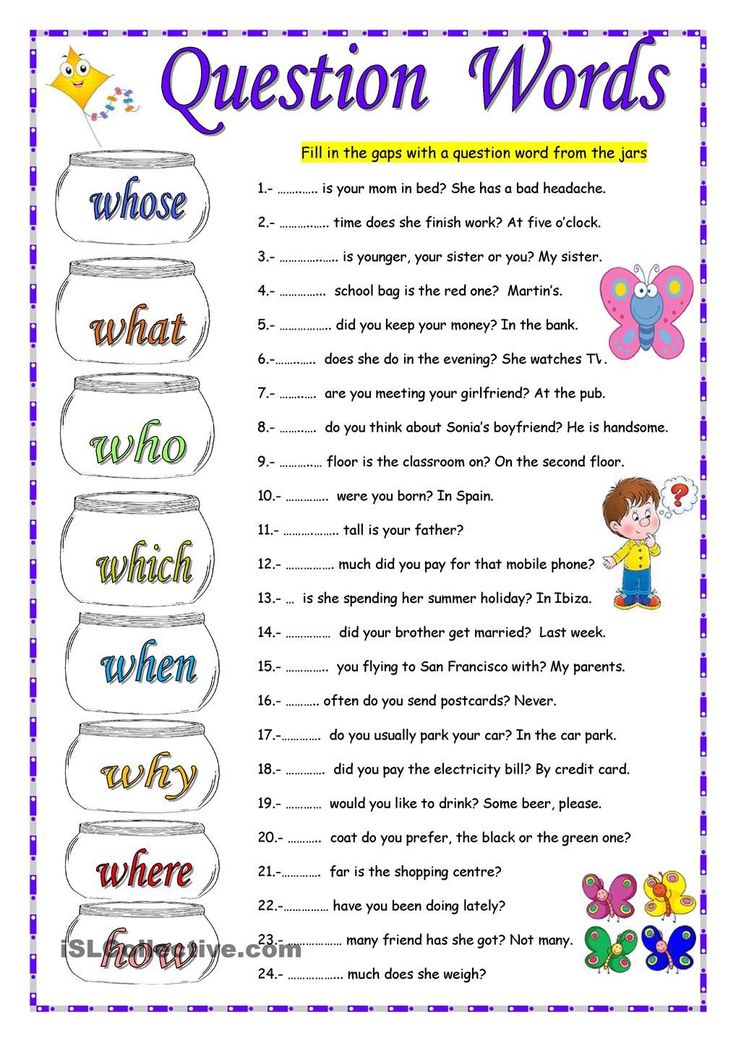 | I was born in 2000. |
| There were many people in the cafe. | There were a lot of people in the cafe. |
| Jane was in her room last night. | Jane was in her room last night. |
| They were friends at school. | They were friends at school. |
| There was a lot of food on the table. | There was a lot of food on the table. |
| The film was very boring. | The film was very boring. |
| The Beatles were very popular in the 60s. | The Beatles were very popular in the 60s. |
| We were in a library a week ago. | We were in the library a week ago. |
| There were more schools here 10 years ago. | There were more schools here 10 years ago. |
Examples of negative sentences
In negative sentences, didn’t is added before the main verb, regardless of the person:
- I didn’t come – I didn’t come
- He didn't come - He did not come
- We didn’t come – We didn’t come
| Full form | Short form | Translation |
| I did not see Lara yesterday. | I didn't see Lara yesterday. | I didn't see Lara yesterday. |
| We did not go to the beach yesterday. | We didn't go to the beach yesterday. | We didn't go to the beach yesterday. |
They did not talk during dinner.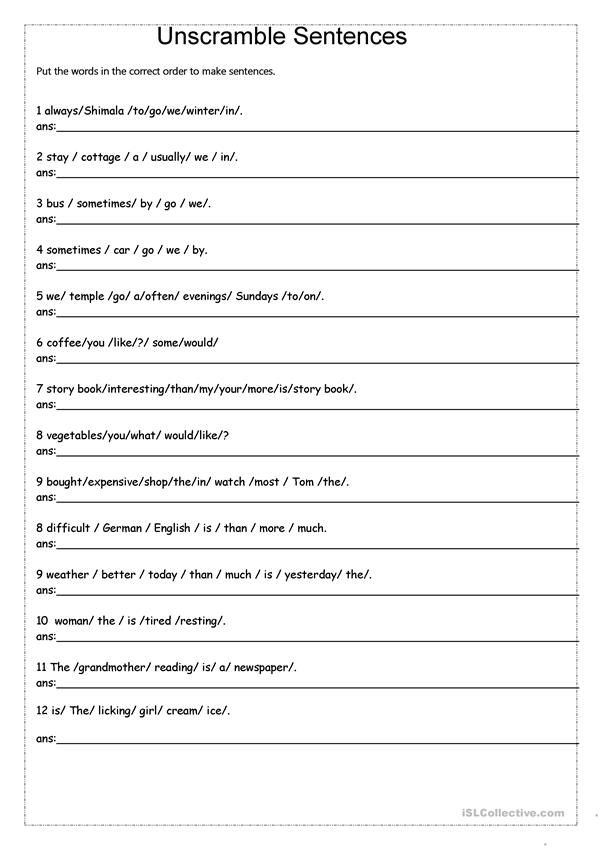 | They didn't talk during dinner. | They didn't talk during dinner. |
| Gary did not study French at school. | Gary didn’t study French at school. | Gary didn't learn French at school. |
| She did not take the test. | She didn't take the test. | She didn't take the test. |
| Nick did not meet his friends last week. | Nick didn't meet his friends last week. | Nick didn't meet his friends last week. |
| It did not rain in March. | It didn't rain in March. | There was no rain in March. |
| My friends did not come yesterday. | My friends didn't come yesterday. | My friends didn't come yesterday.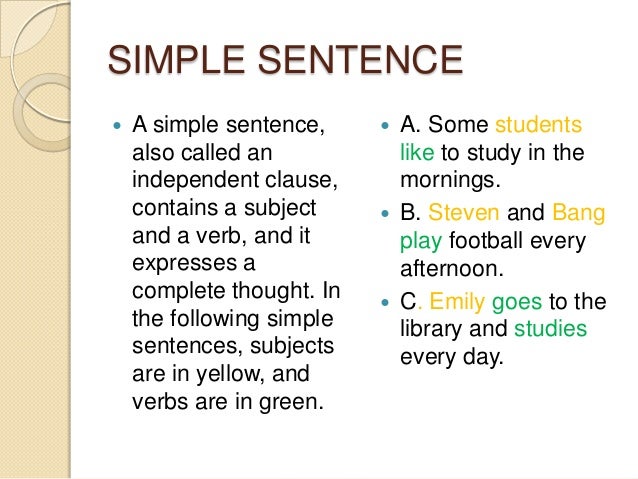 |
| He did not understand the joke. | He didn't understand the joke. | He didn't get the joke. |
| The taxi did not arrive on time. | The taxi didn't arrive on time. | The taxi did not arrive on time. |
Examples of negative sentences with the verb to be
In negative sentences with the verb to be the particle is added not :
- I
- He was not right - He was wrong
- We were not right - We were wrong
- They were not right – They were wrong
| Full form | Short form | Translation |
I was not good at maths at school.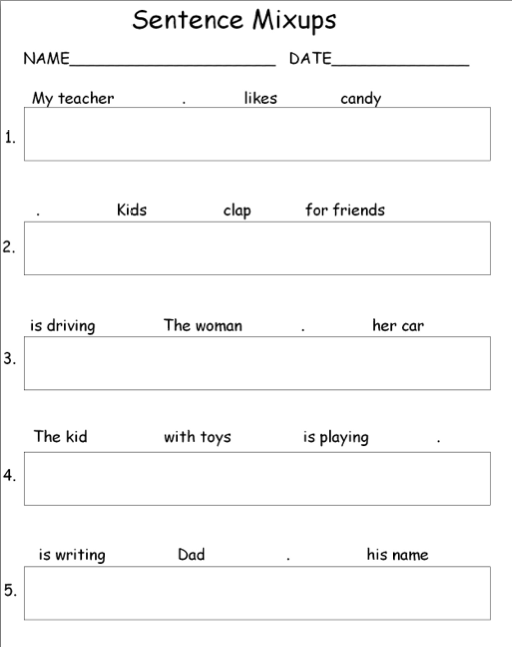 | I wasn't good at maths at school. | I wasn't good at math at school. |
| He was not at work yesterday. | He wasn't at work yesterday. | He was not at work yesterday. |
| She was not at home when I came. | She wasn't at home when I came. | She was not at home when I arrived. |
| It was not very cold last winter. | It wasn't very cold last winter. | It was not very cold last winter. |
| They were not friends 3 years ago. | They weren't friends 3 years ago. | They weren't friends 3 years ago. |
| The chair was not very comfortable. | The chair wasn't very comfortable. | The chair was not very comfortable. |
| The shoes were not very expensive. | The shoes weren't very expensive. | Shoes were not very expensive. |
| The park was not far from home. | The park wasn't far from home. | The park was not very far from home. |
| There were not many animals in the zoo. | There weren't many animals in the zoo. | There weren't many animals in the zoo. |
| There was not a cinema in my home town. | There wasn't a cinema in my home town. | There was no cinema in my hometown. |
Examples of interrogative sentences
General questions with semantic verbs in Past Simple begin with did:
- Did you see Ann yesterday? – Did you see Anna yesterday? (Yes, I did/No, I didn't)
Special questions begin with Wh-words (what, where, when, etc.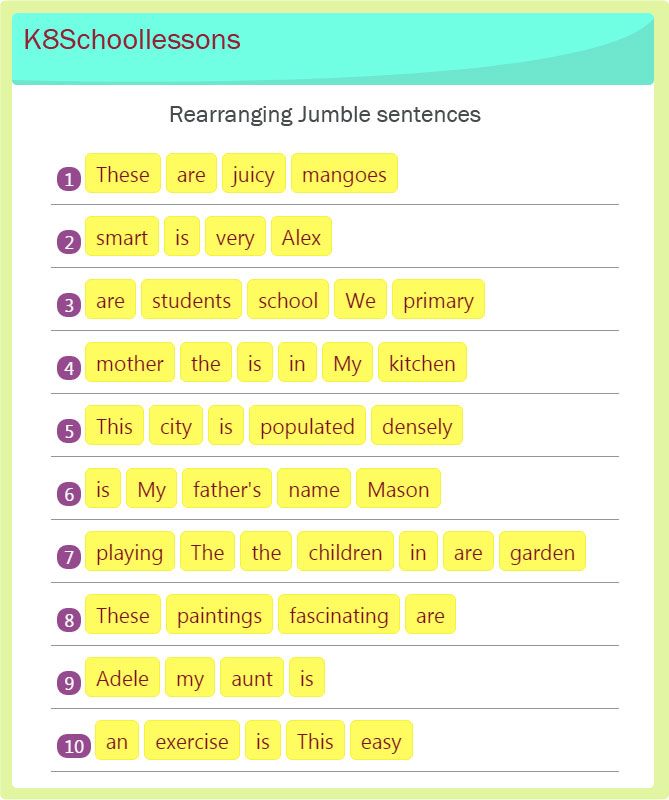 ) followed by did:
) followed by did:
- Where did you go last summer? - Where did you go last summer? (To Italy / We went to Italy)
| Question | Translation | Answer | Translation |
| Did you have a bike when you were 10? | Did you have a bicycle when you were 10 years old? | Yes, I did. / No, I didn't. | Yes / No |
| Did he send the letter yesterday? | Did he send a letter yesterday? | Yes, he did. / No, he didn't. | Yes / No |
| Did they meet last year? | Did they meet last year? | Yes, they did. / No, they didn't. | Yes / No |
| Did you hear the noise a minute ago? | Did you hear the noise a minute ago? | Yes, I did.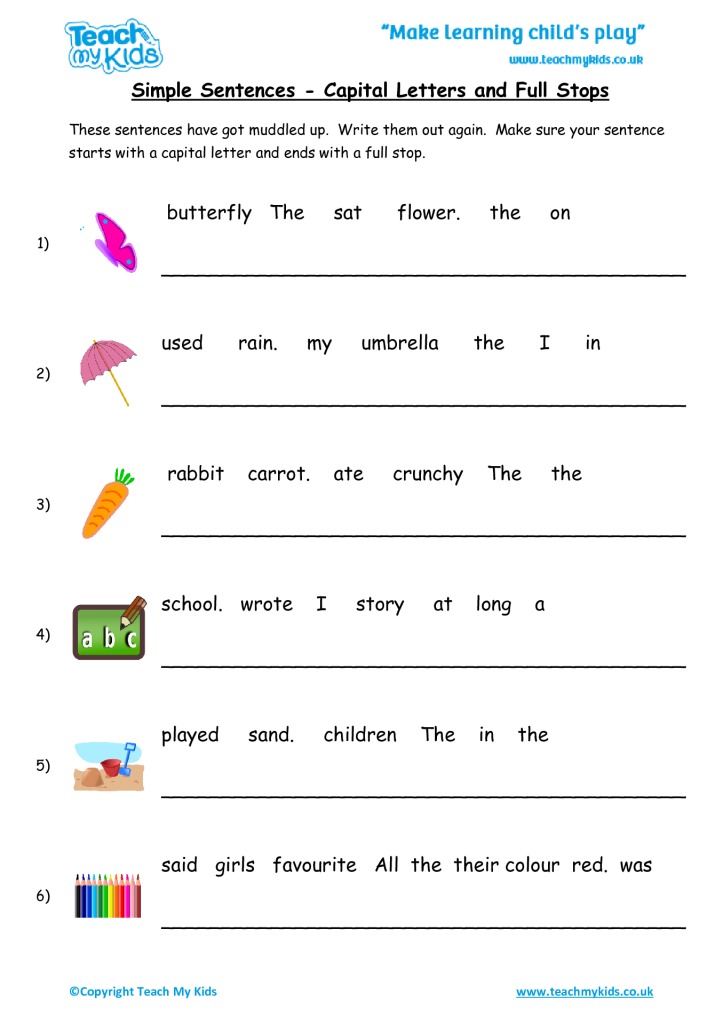 / No, I didn't. / No, I didn't. | Yes / No |
| Did Mom called you recently? | Did your mother call you recently? | Yes, she did. / No, she didn't. | Yes / No |
| When did you talk to Ben? | When did you talk to Ben? | A few hours ago. | A few hours ago. |
| What did you write in the letter? | What did you write in the letter? | My contacts. | My contacts. |
| How long did you study for the test? | How long did you prepare for the test? | A week. | Week. |
| Where did you go on your last holiday? | Where did you go on your last vacation? | To Amsterdam. | To Amsterdam. |
| Why did you miss the class? | Why did you miss the lesson? | Because I was sick.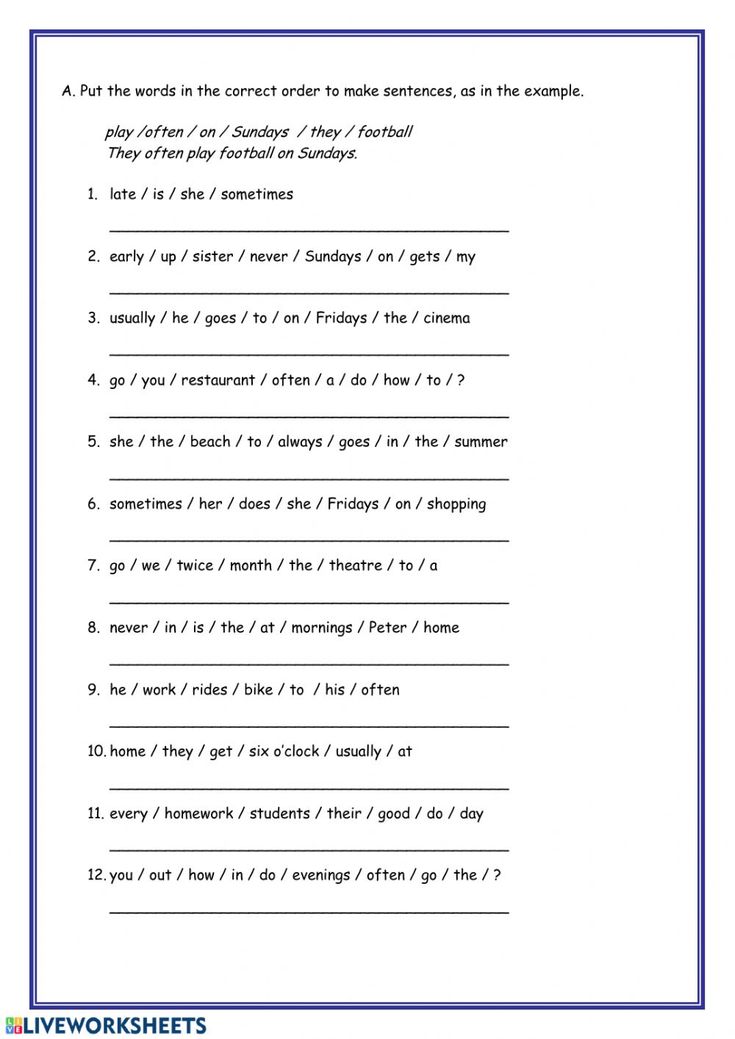 | Because I was sick. |
Examples of interrogative sentences with the verb to be
Yes/no questions begin with was/were:
- Was she OK? – Was she okay?
- Were you OK? – Were you all right?
Special questions (Wh-questions) begin with interrogative ‘wh-words’:
- Where were you? – Where have you been?
- Where was she? – Where was she?
| Question | Translation | Answer | Translation |
| Were you a good student? | Were you a good student? | Yes, I was. / No, I wasn't. | Yes / No |
| Was there a table in the room? | Was there a table in the room? | Yes, there was.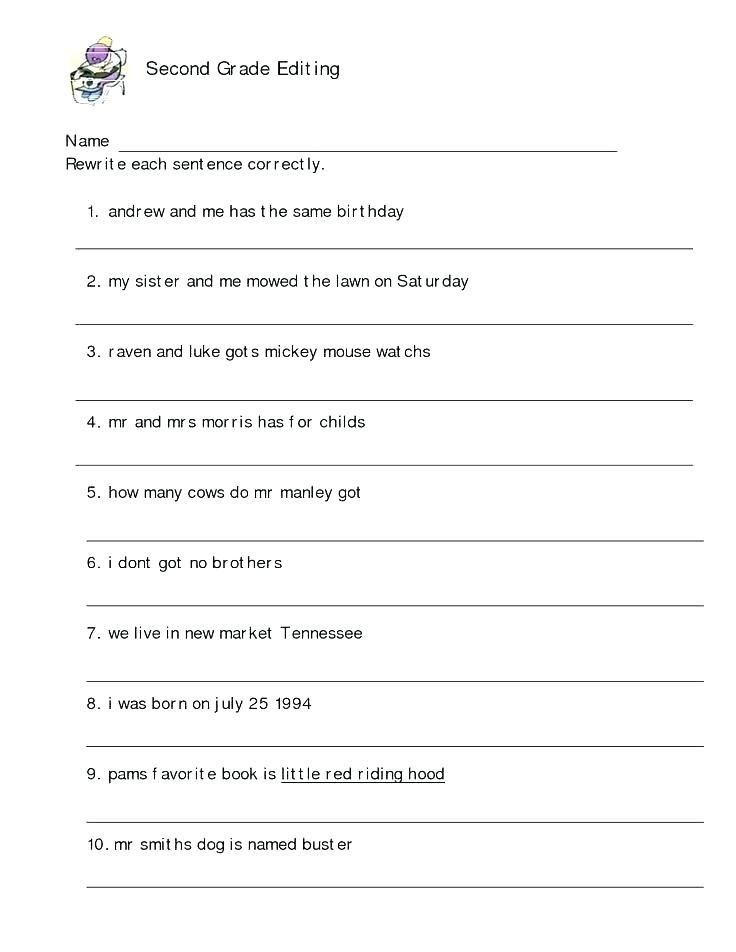 / No, there wasn't. / No, there wasn't. | Yes / No |
| Were they at home when you came? | Were they at home when you arrived? | Yes, they were. / No, they weren't. | Yes / No |
| Was he a gardener before? | Was he a gardener before? | Yes, he was. / No, he wasn't. | Yes / No |
| Was it cold at night? | Was it cold at night? | Yes, it was. / No, it wasn't. | Yes / No |
| What was in the box? | What was in the box? | Chocolate. | Chocolate. |
| Where were you an hour ago? | Where were you an hour ago? | At the hospital. | In the hospital. |
| Why were there so many people in the street? | Why were there so many people outside? | Because of the holiday.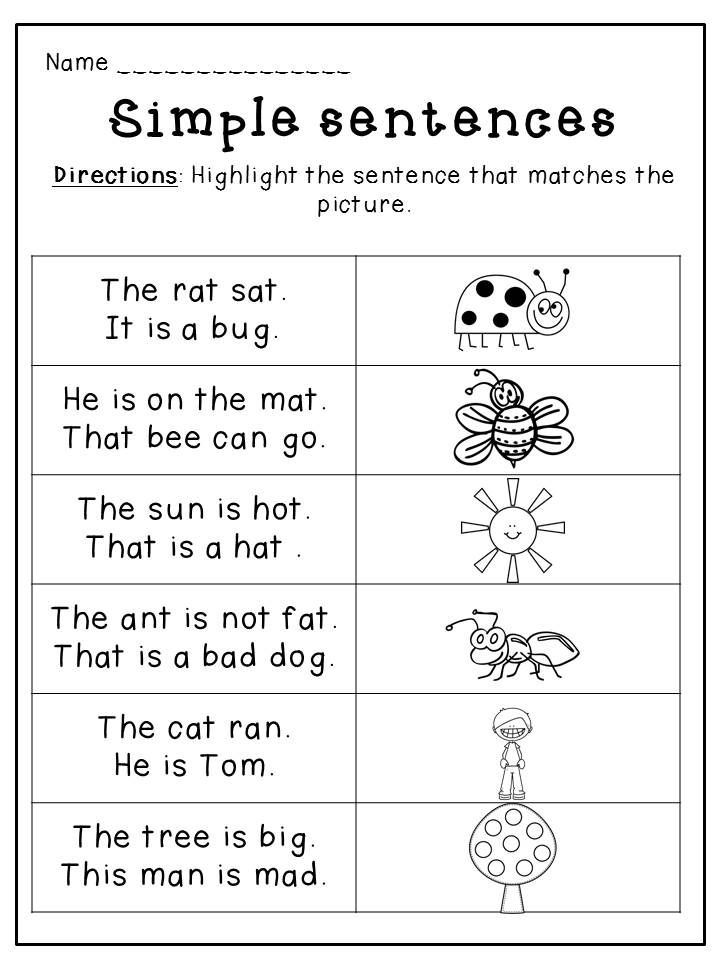 | Because of the holiday. |
| Who was your best friend at school? | Who was your best friend at school? | Daniel. | Daniel. |
| When were you born? | When were you born? | In 1996. | In 1996. |
Learn more examples of Past Simple sentences from the video:
You may be interested in:
- Past Simple exercises with answers
- Past Simple test with answers
- Test for the verb TO BE in Past Simple
- Exercises for irregular verbs
- Example sentences in Present Simple
- Example sentences in Present Perfect
rules and examples.
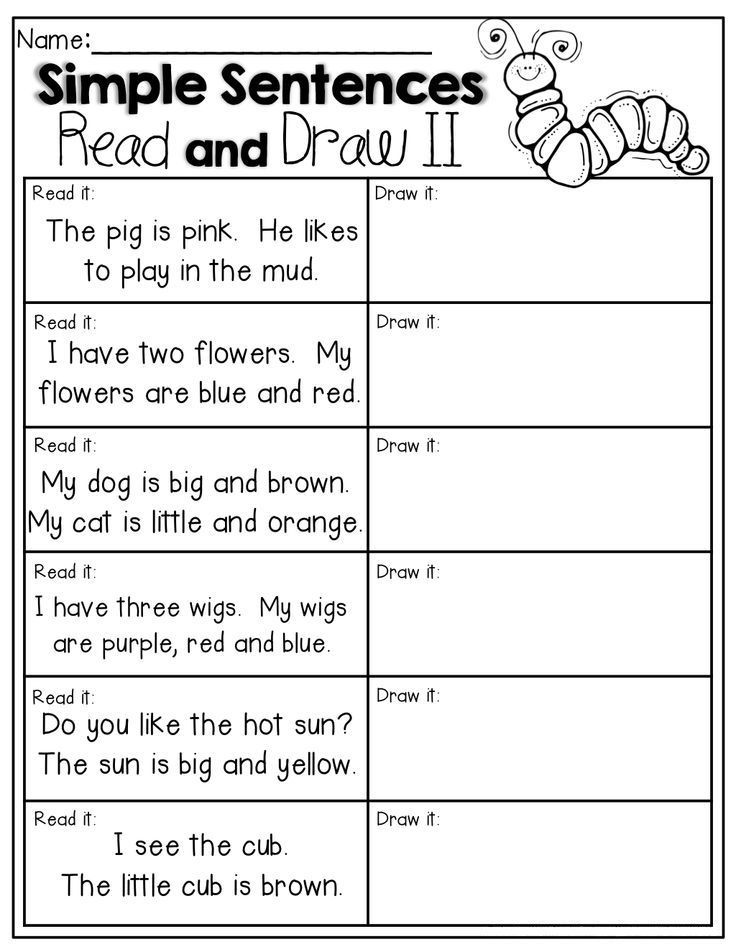 What is Present Simple and when is it used.
What is Present Simple and when is it used. Simple tense in English is the best way to tell the interlocutor about your habits and preferences, about what we can do or do every day. This is one of the most common tenses in everyday speech, so it is important to understand and study it from the very beginning.
Today we will talk about what Present Simple Tense is, common use cases, learn the basic rules for the formation of Present Simple, what time markers exist and consider examples of sentences.
What is the Present Simple?
This is the simple present tense, denoting action in the broadest sense of the word. One of the most common and simplest forms in English for describing actions.
Activities can be related to habits, hobbies, a daily event like getting up in the morning, or something that happens regularly.
How is Present Simple formed?
There is nothing easier than putting the verb in the Present Simple form. To do this, you need to remove the particle “to” from the verb in the infinitive and put the verb after the subject. This is the basic rule of Present Simple.
To do this, you need to remove the particle “to” from the verb in the infinitive and put the verb after the subject. This is the basic rule of Present Simple.
Claim:
I / We / You / They + V
She / He / It + V + s (es)
I go to work every day - I go to work every day.
They usually play tennis every weekend They usually play tennis every weekend.
She brings me coffee every morning She brings me coffee every morning.
It snows in winter
IMPORTANT: In Present Simple, the form of the verb almost always coincides with the original. The exception is the third person singular (he / she / it) - the ending -s is added to it:
I ride - She rides
I dream - He dreams
If the verb ends in -s, -ss, -sh, -ch, -x, -o, then the ending -es is added to it
I wish - She wishes
I teach - She teaches
If a verb ends in -y and is preceded by a consonant, then -es is added to it, but -y is replaced by -i
I try - She tries
I fly - He flies
If a verb ends in -y and is preceded by a vowel, then the ending 9 is also added to it0003 -s , but -y doesn't change.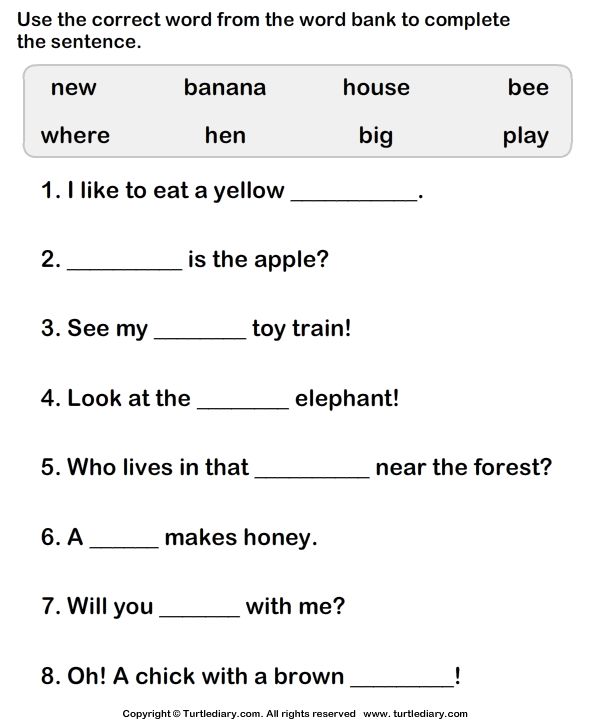
I play - She plays
I stay - He stays
Negation:
To make a negative sentence, you need to put an auxiliary verb between the subject and the verb.
I / We / You / They + do not (don't) + V
She / He / It + does not (doesn't) + V
I don't go to school every day - I don't go to school every day
They don't drink beer
She doesn't like the weather in London
He doesn't drive the car
Negation can also be expressed using negative pronouns and adverbs.
Nobody speaks Arabic
I do nothing
Question:
When making interrogative sentences, the auxiliary verb is placed before the subject and subsequent verb. Usually at the beginning of a sentence.
Do + I / we / you / they + V ?
Does + she / he / it + V ?
Do you like pizza? - Do you like pizza?
Do they play football? Are they playing football?
Does she learn Russian? - Is she studying Russian?
Does he live in Spain? - Does he live in Spain?
Sometimes in an interrogative sentence question words (question words) and phrases are used that help to ask a more accurate and correct question to the interlocutor.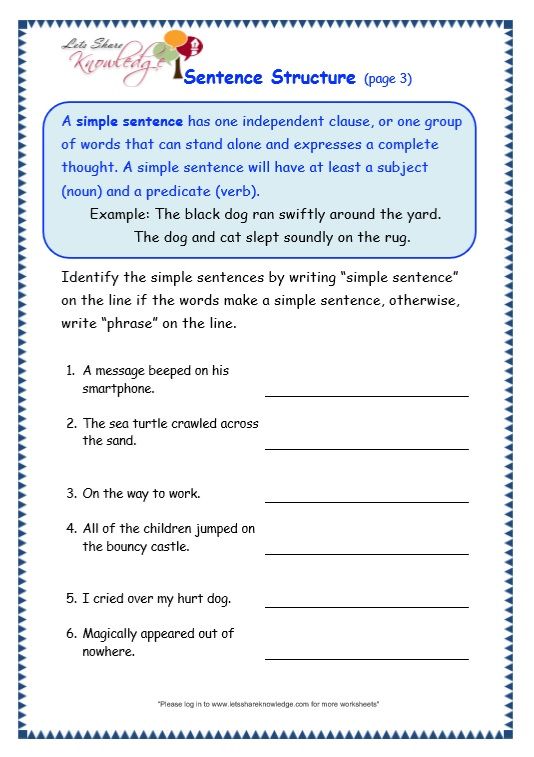
These words include: how long (how long), why (why), where (where) and others. As in other tenses, they are placed at the very beginning of the sentence before the interrogative construction of Present Simple.
QW + do (does) + I / We / You / They / She / He / It + V ?
Where does he live in Prague? - Where does he live in Prague?
Why do you drink green tea? - Why do you drink green tea?
When an auxiliary verb appears in a sentence with Present Simple, the ending -s disappears from the main verb. Consider that this is such a kind of “magnet” that “pulls” this ending towards itself. This applies to the negative and interrogative forms of Present Simple.
IMPORTANT: sometimes the auxiliary verb do / does can also be found in affirmative sentences to add expression and brightness to the statement.
I do want to try this
Mary does know how to cook
The verb to be in Present Simple
The verb to be (to be) is always special and its use in Present Simple tense depends on the subject.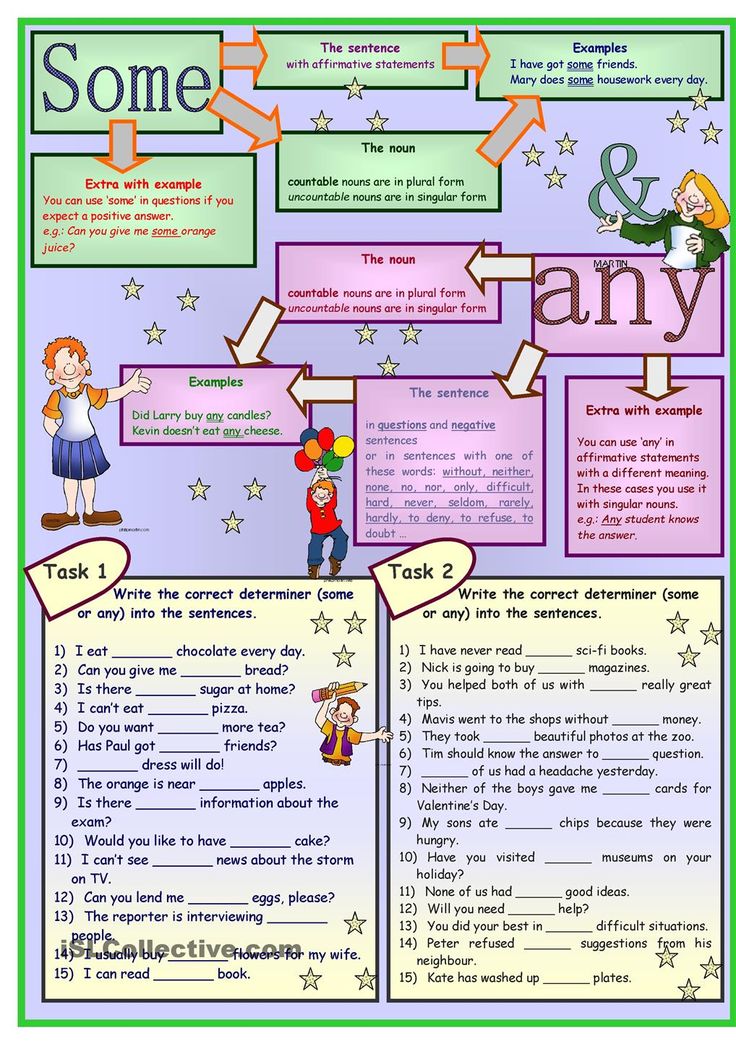 It has 3 different forms:
It has 3 different forms:
- am (for 1st person singular: I)
- is (for 3rd person singular: she / he / it)
- are (for 1st, 2nd and 3rd person plural: we / you / they)
I am ready
She is ready
We are ready
When is the Present Simple used?
Present Simple is used to describe actions that occur constantly, on a regular
based, but not tied to the moment of speech.
The use of Present Simple is appropriate when we want to talk about our daily routine, reliably known facts, actions in the broad sense of the word, or train schedules.
Regular, repetitive actions:
I often go to the bar
They play music every Sunday
Action in the broad sense of the word (without reference to the moment of speech):
I live in Dublin - I live in Dublin.
She speaks Chinese She speaks Chinese.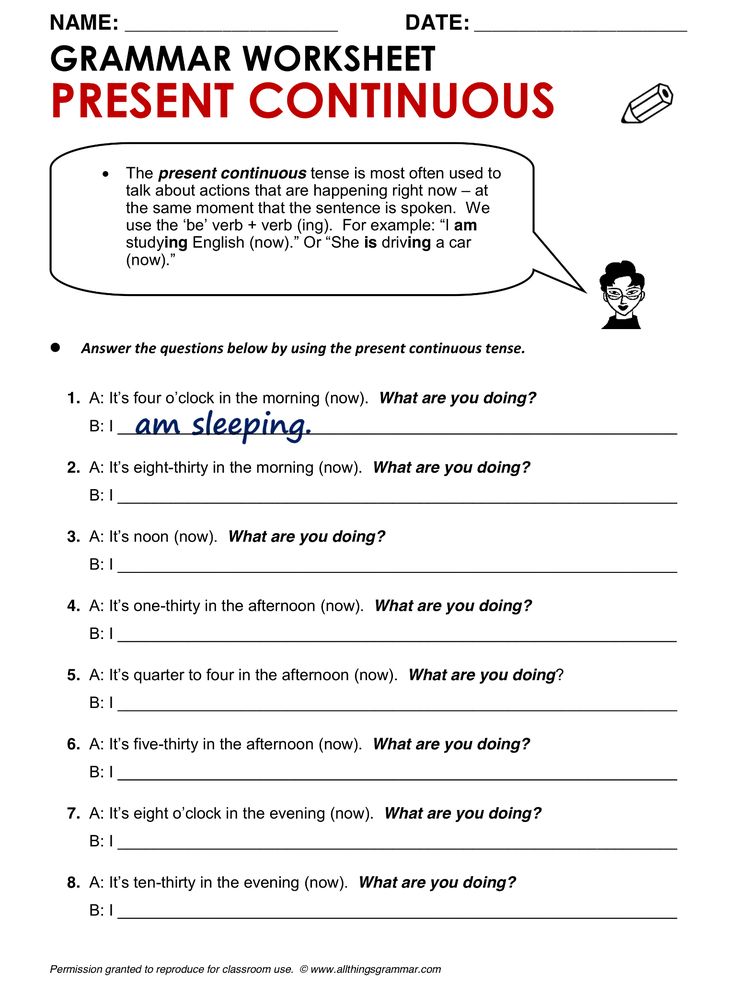
Facts everyone knows:
The Earth rotates around its axis - The Earth rotates around its axis.
Moscow is the largest city in Russia — Moscow is the largest city in Russia
Future actions that will occur according to the schedule:
The airplane takes off at 4.30 am
The train leaves at 9 pm tomorrow The train leaves at 9 pm tomorrow.
Recipes and instructions (used instead of the imperative):
You push the red button to turn on the radio - Press the red button to turn on the radio
First you turn left and then you go down the street
When listing some actions and their specific sequence, Present Simple time is also used
You take the bus into the city center and then you take a taxi to the restaurant
Sometimes the Present Simple tense is used in relation to the past tense. For example, in newspaper headlines (indicating the fact that an action has taken place) or in a story about an event (when we are talking about someone and their actions).